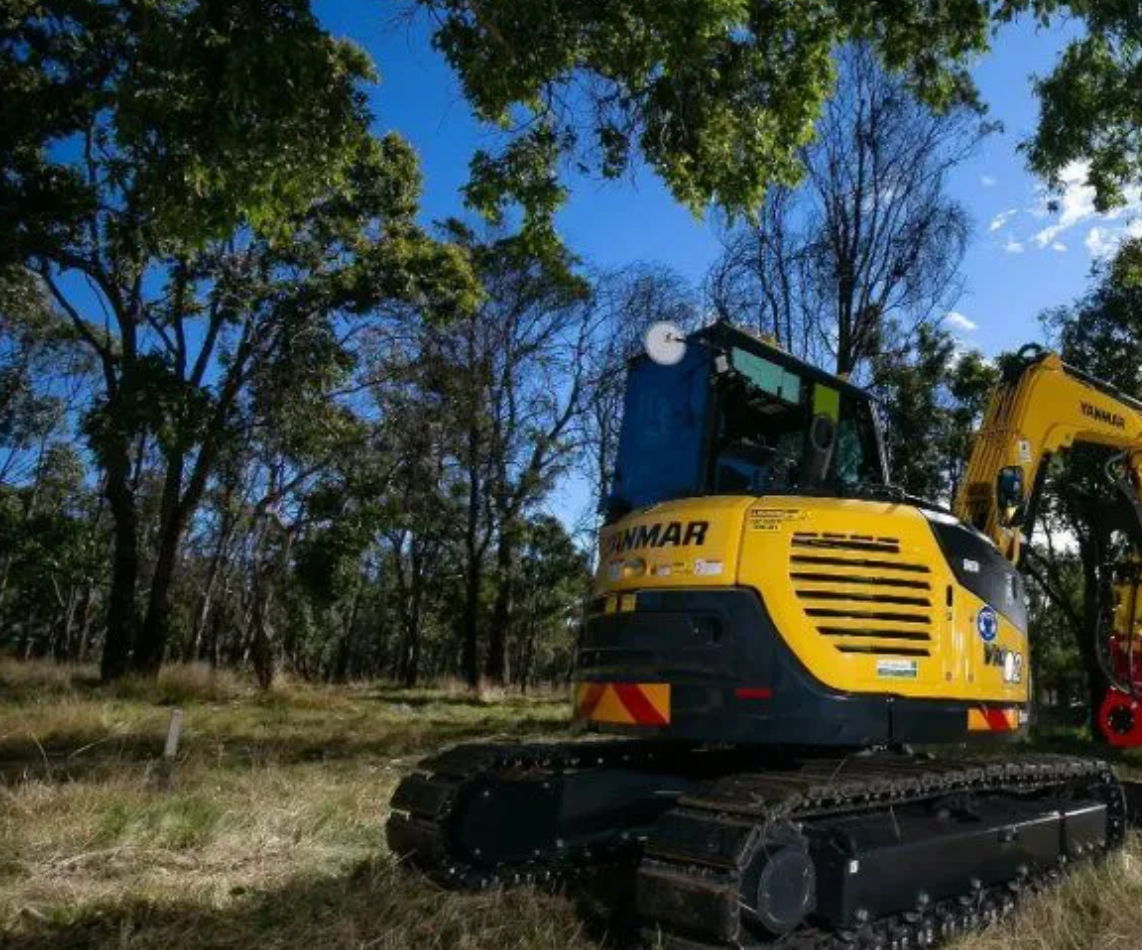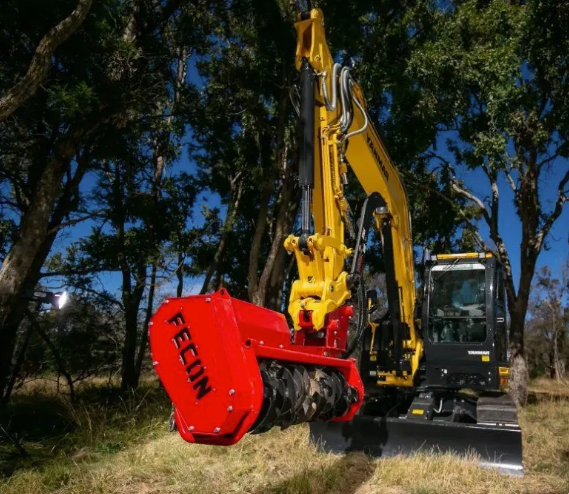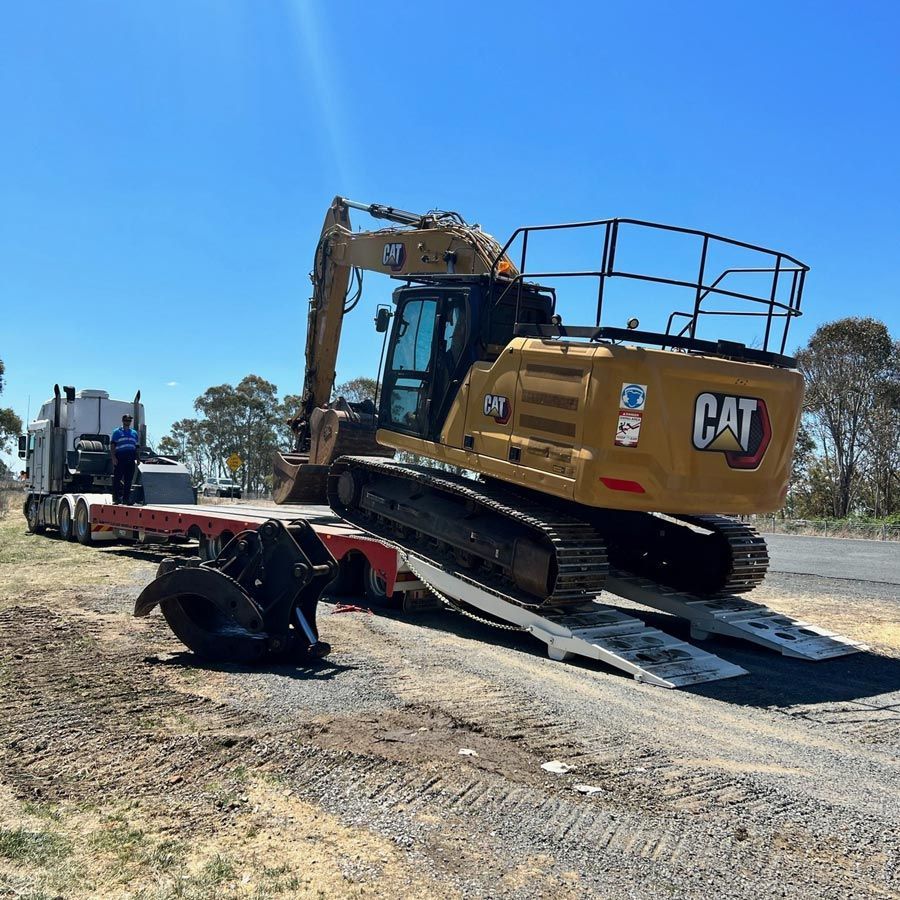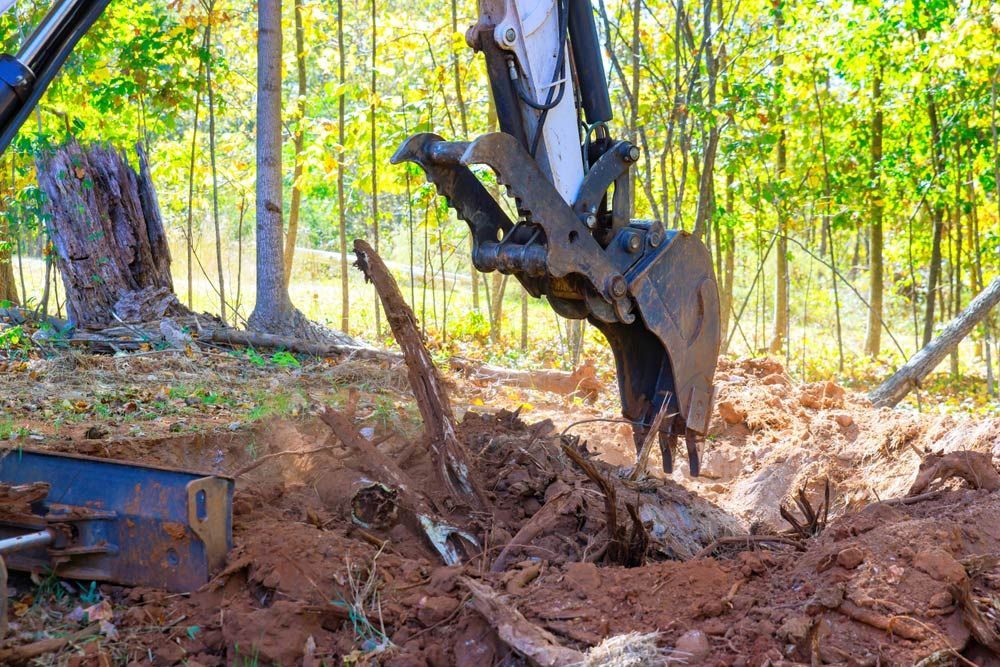The Importance of Agricultural Earthworks for Farm Productivity
Farm productivity isn’t just shaped by the right seeds, stock or season. For many landholders, the land itself—its slope, drainage, and water retention capacity—defines how much can be produced, and how consistently. While paddock management and sustainable grazing are crucial, the groundwork—literally—often begins with earthmoving. Agricultural earthworks are foundational in shaping a farm’s functions, especially in areas challenged by erosion, dry spells, and uneven topography.
Farmers across the region understand that long-term productivity often depends on more than just what’s planted above the soil—it’s also about managing what lies beneath. With that in mind, investing in professional agricultural earthworks is not simply a tactical decision—it’s a strategic move towards long-term viability.
Combating Soil Erosion with Strategic Earthmoving Interventions
Erosion is landholders’ most damaging challenge in sloped or degraded areas. Without intervention, it can strip away the most fertile topsoil, damage pastures, and lead to gully formation that worsens yearly.
Agricultural earthworks help stabilise land through reshaping and structural solutions, complementing the natural landscape.
- Contour banks and swales slow water flow across slopes, allowing it to soak gradually rather than eroding soil.
- Diversion drains redirect runoff to safer outlets, preventing concentration of water that causes rill or gully erosion.
- Strategic bunding shields vulnerable areas and creates sediment traps to retain nutrient-rich material.
Enhancing Water Retention via Laser-Levelled Paddocks
Water scarcity in dryland farming zones like Armidale can seriously limit pasture resilience and crop viability. This makes laser levelling a smart investment for any enterprise reliant on surface irrigation or water-efficient systems.
Unlike traditional methods, laser levelling creates a near-perfect grade across paddocks, ensuring water spreads evenly rather than pooling or draining unevenly. This significantly improves both crop health and input efficiency.
- Uniform water distribution helps prevent dry patches and minimises over-irrigation in low-lying spots.
- Reduced runoff and waste means less water is lost, making every drop count during dry periods.
- Better fertiliser uptake occurs when nutrients are evenly dispersed with irrigation water.
Regrading Uneven Terrain to Expand Productive Farm Areas
Many properties across regional NSW are blessed—and burdened—by hilly or undulating land. These irregular surfaces often restrict access for machinery and limit safe or efficient use of implements.
By regrading terrain, earthmoving professionals can turn underutilised or awkward zones into accessible, arable land. This increases operational flexibility and improves overall paddock performance.
Whether it’s reshaping to ease equipment access, reducing the steepness of slopes, or blending natural contours into more manageable grades, terrain correction transforms lost hectares into usable ground—unlocking productivity without needing more land.
Boosting Pasture Hydration through Keyline and Surface Drainage Design
Pasture growth depends on consistent moisture availability, and rainfall distribution can be highly variable in a sloped or uneven country. This is where keyline design and surface drainage planning come into play.
Keyline layout benefits
A well-implemented keyline system captures rainfall where it lands, guiding it across the contour to maximise infiltration.
- Encourages water absorption rather than runoff.
- Builds soil structure through rehydration.
- Reduces the need for supplemental irrigation.
Surface drainage benefits
In high rainfall events or flood-prone areas, surface drains guide excess water safely away without harming the soil.
- Prevents waterlogging and pasture dieback.
- Protects infrastructure like fences, sheds, and roads from pooling damage.
Capturing Rainfall with Farm Dams & Contour Earthworks
With climate variability increasing, on-farm water storage is no longer a luxury—it’s a necessity. Agricultural earthworks offer cost-effective, high-return methods of capturing and storing rainfall that would otherwise escape down the gully.
Farm dams and contouring strategies are among the most practical ways to improve drought resilience.
- Farm dams built on the right catchment can hold thousands of litres for livestock or irrigation use.
- Contour banks and spoon drains guide runoff toward storage areas rather than losing it downstream.
- Water-harvesting channels use natural flow patterns to maximise retention in low-rainfall years.
Stored water protects against dry seasons, offering peace of mind and increased production flexibility.
Planning Effective Drainage to Safeguard Crops & Infrastructure
Without appropriate drainage, even good rainfall can become a problem. Paddocks that hold water too long risk poor germination, stunted growth, and rot-related crop losses.
Earthmoving contractors can assess and install effective drainage systems tailored to the land’s layout.
- Surface drains remove excess water quickly after storms, protecting paddocks and roads.
- Subsurface pipes carry away lingering moisture below root level, preventing crop stress and soil salinity issues.
Viewing Earthworks as a Long-Term Investment in Operational Productivity
When landholders think long-term, earthworks emerge as one of the most cost-effective investments. A properly shaped paddock may only need grading once per generation—but that single intervention can deliver compounding productivity returns for decades.
Consider a scenario where a poorly graded pasture struggles with water pooling, eroding edges, and hard-to-access corners. After reshaping and laser-levelling, that same field drains well, distributes irrigation efficiently, and accommodates wide-span gear—all without constant correction or workarounds.
Well-designed earthworks:
- Improve efficiency in sowing, spraying, and harvesting.
- Reduce maintenance and rework costs.
- Boost yield consistency, especially in marginal areas.
Why Local Expertise Matters in Armidale’s Agricultural Earthworks
What works on the plains won’t always work on the tablelands. Armidale’s soils, rainfall patterns, and elevation variations demand a nuanced, localised approach to earthworks—and that’s where local contractors come into their own.
- Knowledge of regional soil types (e.g. clay loam, granite soils) ensures the right shaping and compaction techniques are used.
- Familiarity with seasonal rainfall patterns helps place drains, dams, and swales in the right locations.
- Understanding terrain-specific issues, such as frost hollows or shallow bedrock, guides design that works with nature.
Partnering with contractors who know the landscape saves time, money, and rework. It means your earthworks are not just technically sound but strategically located and future-proofed.
Boost Productivity with Tailored Agricultural Earthworks in Armidale
At RC Civil, we provide agricultural earthworks in Armidale to help landholders across Armidale and the surrounding region turn terrain challenges into productive solutions. Whether you’re dealing with erosion, planning a farm dam, or need your paddocks regraded and laser-levelled, our agricultural earthworks are designed to support your goals and unlock long-term value.
Get in touch via our
contact page to learn more about earthmoving services in Armidale.








